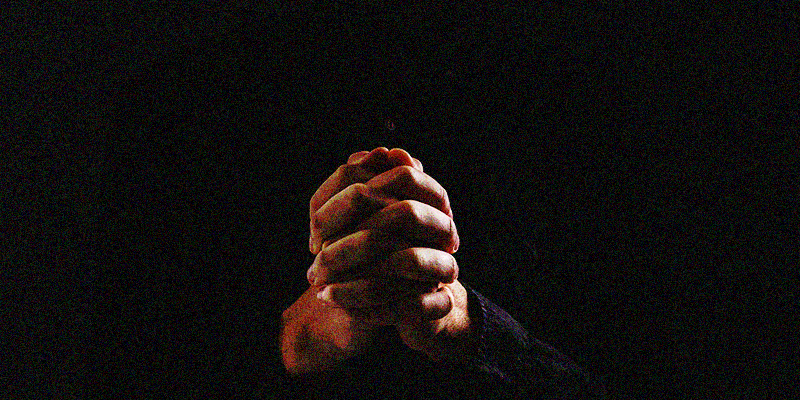“Pray you now, forget and forgive,” King Lear says in Act IV, scene VIII. But more importantly, an unfortunately less quoted, right after that, he adds, “I am old and foolish.”
The Bard warned us, but we did not listen. So now, half a millennium later, people believe that they should forgive and forget, without reflecting on the fact that the advice was provided by a self-admitted foolish, old king.
Forgiveness is not about forgetting; it is about understanding. About coming to terms with what has happened and being generous, but clear-eyed, toward those who have wronged us. Redemption is the flipside of that same coin. It is about accepting the wrongs we have committed and dedicating ourselves to not repeating them.
Forgetting is the antithesis of that. It is treating the infraction as if it never occurred. Or in other words, a lie. And nothing good ever comes from a lie.
I have written eleven novels, and the themes of forgiveness and seeking redemption are the through line that runs through them. In each book, the sin to be absolved is different, as are the circumstances that motivated it, and also the relationship between the perpetrator and victim, but at the core of each of my novels is the question whether the protagonist is worthy or redemption, which often begs the question whether an act is truly unforgiveable.
My books are murder mysteries, usually with a courtroom focus (because when I am not writing, I’m a practicing trial lawyer), and issues of forgiveness and redemption fit neatly within that framework. After all, the legal system is based on the assignation of blame and the punishment meted out is determined, in part, by whether the defendant’s life can be redeemed.
In my latest book, The Brothers Kenny, forgiveness and redemption are central themes. The protagonist, Sean Kenney, a former standout athlete, returns home after an unthinkable family tragedy. However, in the years since his glory days, he has been laid low to the point that he is estranged from all those he once loved. Coming home requires that Sean seek forgiveness and at the same time dispense his own mercy for the wrongs visited upon him.
My favorite passage in the book is a discussion between Sean and his ex-wife on the nature of forgiveness.
The truth is, Sean, that I don’t even know what forgiveness means in the context of you and me. I know it doesn’t mean amnesia. Not a day goes by where I don’t curse your stupid name. For the time you weren’t here. For what the girls lost by not having their father present in their lives even before you physically left. And, if I’m speaking my truth here, for what went wrong in our marriage . . . [but] here’s what I think about the whole forgiveness thing, because believe me, it’s something I’ve given a lot of thought about. Recently I read something that suggested that every day we wake up as different people. That’s because the events of the preceding twenty-four hours have changed us. You can’t tell in real time, of course. You still look the same, feel the same. But you know that at forty you’re not the same person as you were at thirty. To say nothing of twenty, right? And when did that change happen? Not all at once, but all the time . . . So, the Sean that needs to be forgiven, the Sean that you think I have forgiven, who is he, really? The Sean who left? The Sean who wasn’t really there even before he’d left? Or the Sean standing on my lawn right now? . . . I’ve never really forgiven those first two guys. But you, the Sean of right now, I’m willing to give him the benefit of the doubt. Is that forgiveness? Or is it just withholding judgment when you meet someone new?
She borrows her world view from the Scottish philosopher, David Hume, but her advice is spot on. Forgiveness is not about forgetting, it is about understanding. Is the perpetrator sorry for what he or she has done? Is there any justification that tempers the wrong? Will it be repeated?
Obviously, not everyone is worthy of forgiveness. Certainly not the unrepentant.
But what of the contrite? Are they always worthy of forgiveness?
I think so. I truly do. It does not mean that it is within all our abilities to grant that dispensation, but I struggle with a compelling argument that suggests someone should be continued to be judged for something they have sincerely renounced.
To be clear, I do not believe that punishment cannot extend into the period of redemption. A murderer must serve the full sentence for his crime without regard to when he becomes repentant as a way of deterring others. So does a child put in time out for crayoning on the walls. But in a perfect world, where deterrence was not needed, I fail to see the logic of punishing someone for conduct they will no longer commit and which they regret having done in the first place.
Maybe the second most famous saying about forgiveness behind forgive and forget, is Alexander Pope’s, To err is human; to forgive divine. To me, that’s much better advice.
***


















